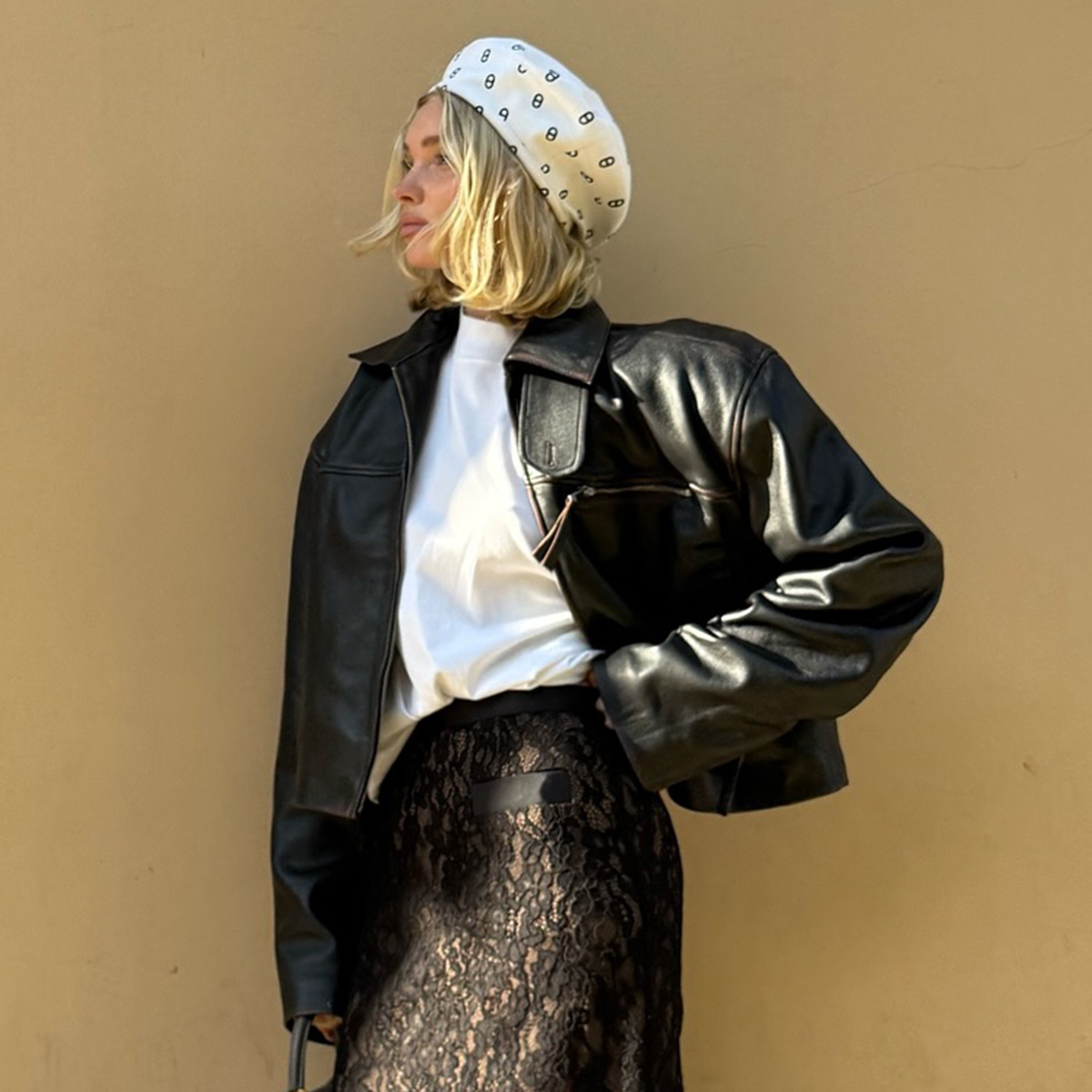These Are the Worst Foods to Eat If You Have Rosacea
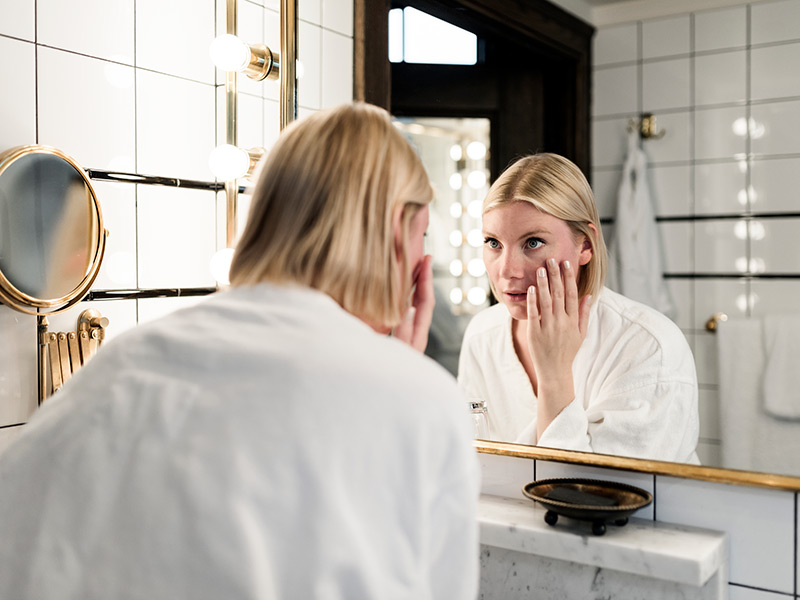
If you have rosacea, you know how much of an inconvenience it can be when you have a flare-up. It can leave you self-conscious and frustrated, especially when it appears at just the best times (e.g., before a big event or presentation at work).
It might not be that comforting to know this, but here it is: You're not alone when it comes to this condition. "Rosacea is a very common inflammatory skin condition that affects approximately 16 million people in the U.S. alone," says Tiffany J. Libby, MD, a board-certified dermatologist and assistant professor of dermatology at Brown University. "There are four distinct subtypes of rosacea, but the two most common ones are the vascular or redness subtype that causes prolonged flushing and dilated blood vessels and the papulopustular type that resembles acne. While there may be some genetic component to the disorder, the exact cause is unknown. What we do know is that there is an interplay between dysregulation of certain microorganisms on the skin (microbiome) and a hyper-reactive response to certain triggers like UV light." It's most often found in people who have fair skin, but people with dark skin can get rosacea, too, and it affects both men and women.
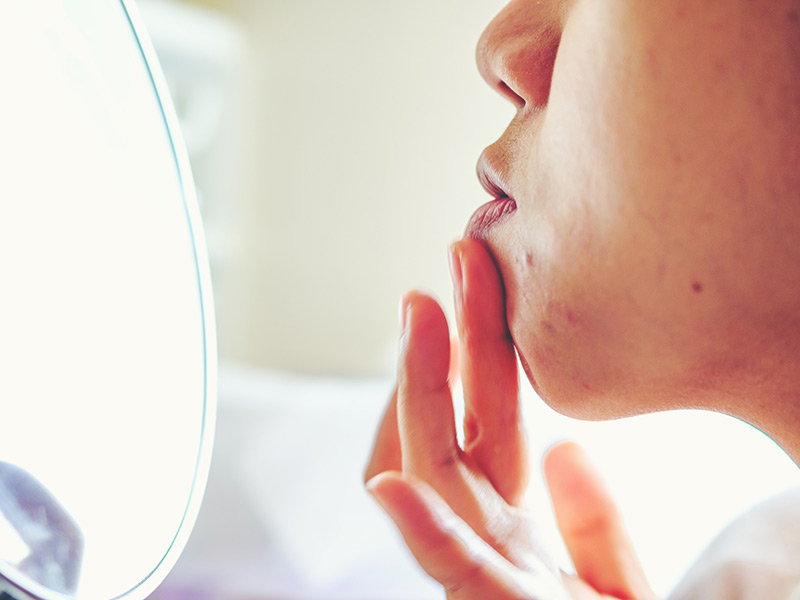
Unfortunately, it's a chronic skin condition, but there are ways to treat it. You'll want to avoid (or be mindful of) any triggers that can cause a flare-up, like overly strenuous exercise, a hot or humid atmosphere, emotional upset, exposure to sun or intense cold, perfumed or scented products, abrasive exfoliants, and medications that might exacerbate flushing, according to Sabrina Fabi, MD, a double board-certified dermatologist, dermatologic cosmetic surgeon, assistant clinical professor at the University of California, San Diego.
Additionally, certain foods can be triggers, too, which Libby and Fabi outlined below.
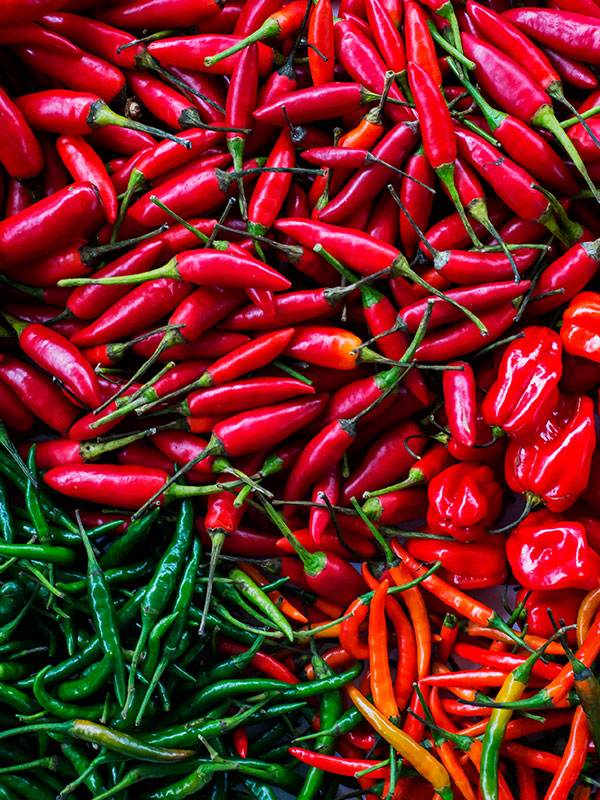
Apologies if you like to douse everything in hot sauce. Spicy food can increase body temperature, which can trigger a flare-up and also cause dilated blood vessels, which will worsen the redness.
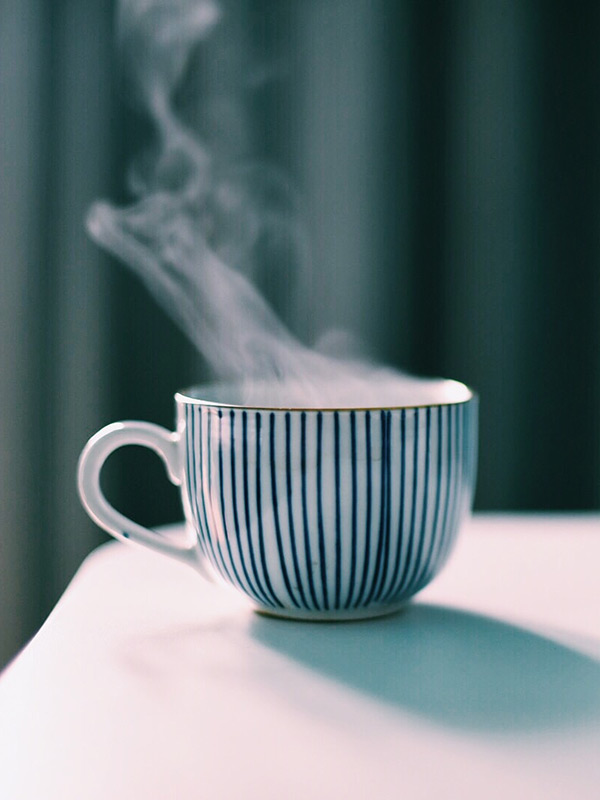
Like spicy foods, consuming hot beverages and dishes can cause a body-temperature spike.
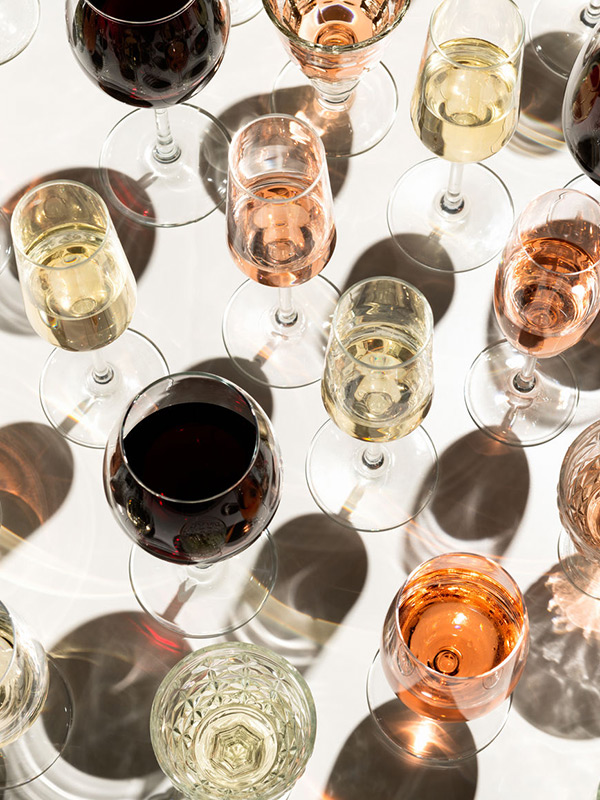
Enjoy happy hour with caution. "Alcohol (especially wine) is another common culprit, and up to half of adults with rosacea recognize this as a trigger for their rosacea," says Libby.
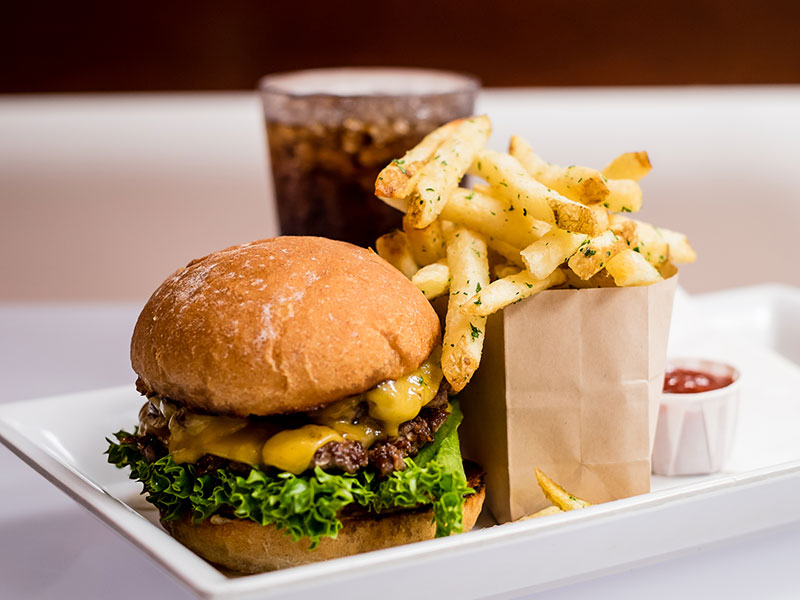
Well, you'll want to avoid this for a variety of health concerns, not just rosacea, but according to Fabi, "In one study, a diet high in fatty foods also correlated with a worsening of rosacea."
When it comes to foods you should eat to help soothe rosacea, unfortunately, there's no definitive answer, as more research needs to be done. But Fabi says there are some studies that have found a link between rosacea and a healthy gut. "While further research is required in this area, patients may be advised on measures to support a healthy gut microbiome, including the consumption of a fiber-rich (prebiotic) diet," she suggests.
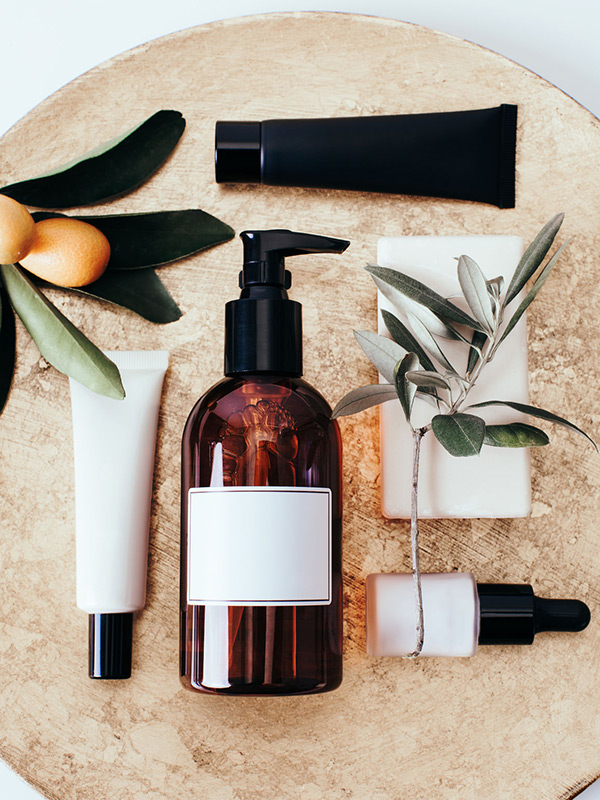
If you've done your best to avoid triggers, stayed away from spicy foods, alcohol, etc., and still find yourself with a flare-up, there are some dermatologist-recommended over-the-counter products that you can try (and some that should be used daily to keep flare-ups away). We asked Fabi and Libby for their favorites.
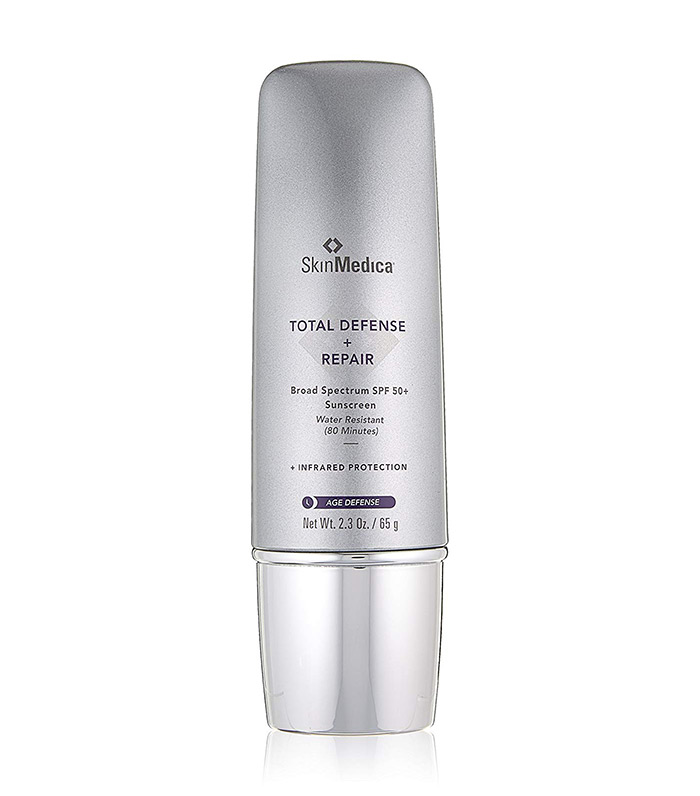
Sunscreen is key. Fabi advises a daily application of a sunscreen that protects against UVA and UVB rays, contains antioxidants, and is ideally mineral-based. In particular, she recommends Total Defense and Repair by SkinMedica. If you're in direct sunlight, reapply every two hours.
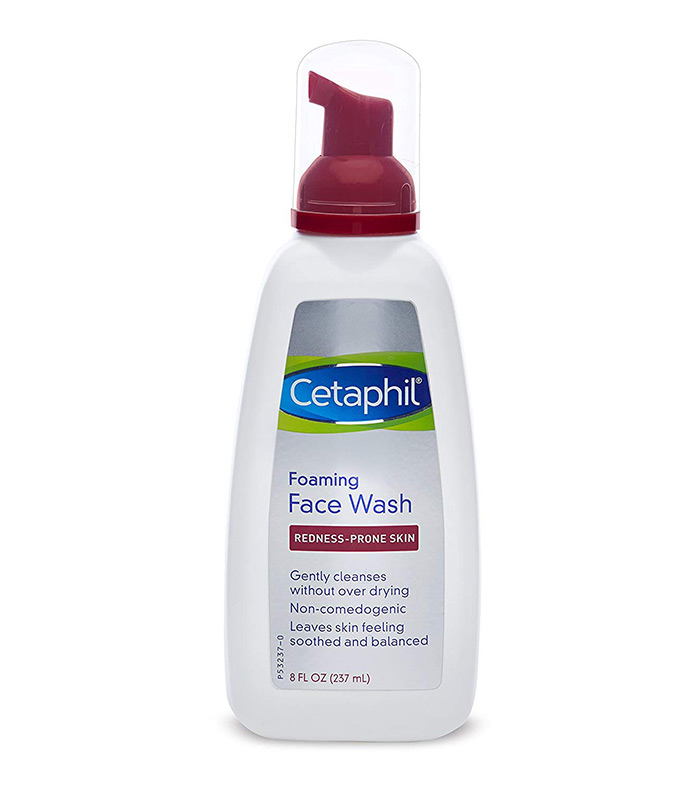
"You want to minimize irritation and stick to products that are designed for sensitive and redness-prone skin," Libby recommends. "My go-to calming and gentle cleanser option for rosacea patients is the Cetaphil Foaming Face Wash for Redness-Prone Skin. It is noncomedogenic and hypoallergenic, and effectively cleanses the skin of impurities without overdrying and disrupting the skin's microbiome, which could flare rosacea."
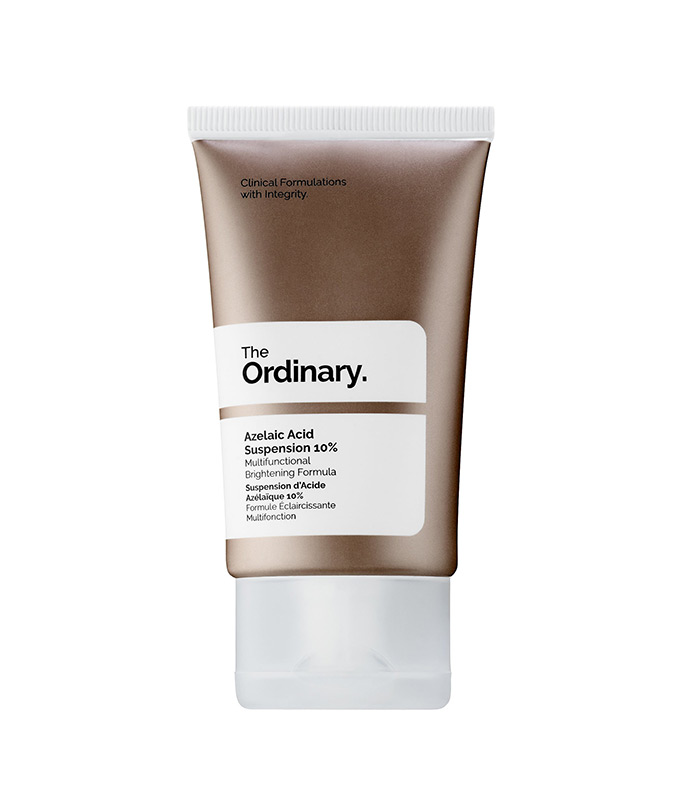
Libby also reaches for azelaic acid, which is found in grains and can brighten skin tone, even texture, and reduce blemishes when treating rosacea. She suggests The Ordinary's formula.
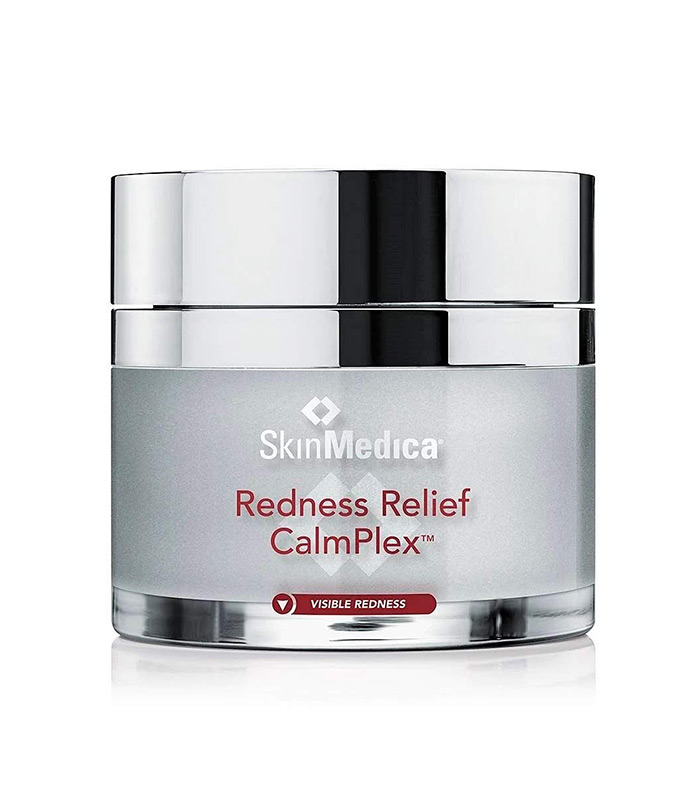
To soothe redness, Fabi recommends a topical with niacinamide, which is a form of vitamin B3.
Libby says other treatments for rosacea include prescription topical and oral medications, and cosmetic interventions like chemical peels and lasers. But before you try any of these outlined above or modify your diet, you should chat with your dermatologist first to come up with a tailored treatment plan that works best for you.
Next up: I've Had Eczema My Whole Life—These Are the Foods That Are Supposed to Help
This article was originally published at an earlier date and has been updated.
Disclaimer
This article is provided for informational purposes only and is not intended to be used in the place of advice of your physician or other medical professionals. You should always consult with your doctor or healthcare provider first with any health-related questions.
Sarah is lifestyle writer and editor with over 10 years of experience covering health and wellness, interior design, food, beauty, and tech. Born and raised in Los Angeles, she attended New York University and lived in New York for 12 years before returning to L.A. in 2019. In addition to her work at Who What Wear, she held editor roles at Apartment Therapy, Real Simple, House Beautiful, Elle Decor, and The Bump (sister site of The Knot). She has a passion for health and wellness, but she especially loves writing about mental health. Her self-care routine consists of five things: a good workout, “me” time on the regular, an intriguing book/podcast/playlist to unwind after a long day, naps, and decorating her home.
-
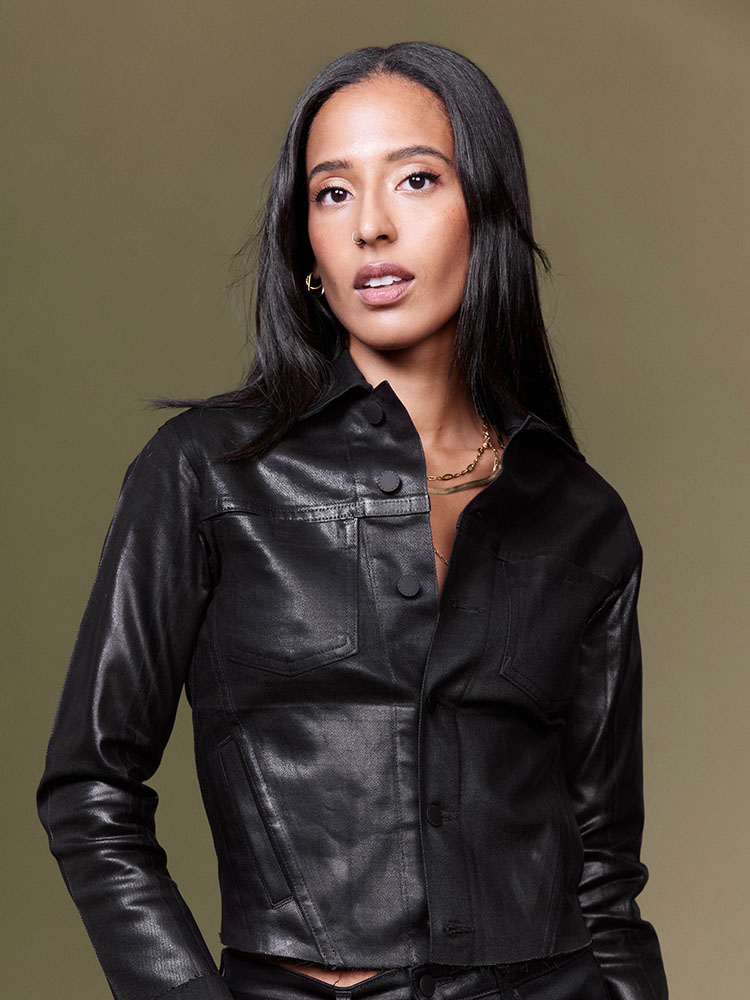 This Founder Shares Why We Should Start Celebrating Rest
This Founder Shares Why We Should Start Celebrating RestBurnout is nothing to be proud of.
By Kia Topps
-
 I Asked J.Lo's Trainer for His Very Best Fitness Tips
I Asked J.Lo's Trainer for His Very Best Fitness TipsGunnar Peterson has thoughts on how to get moving this season.
By Kia Topps
-
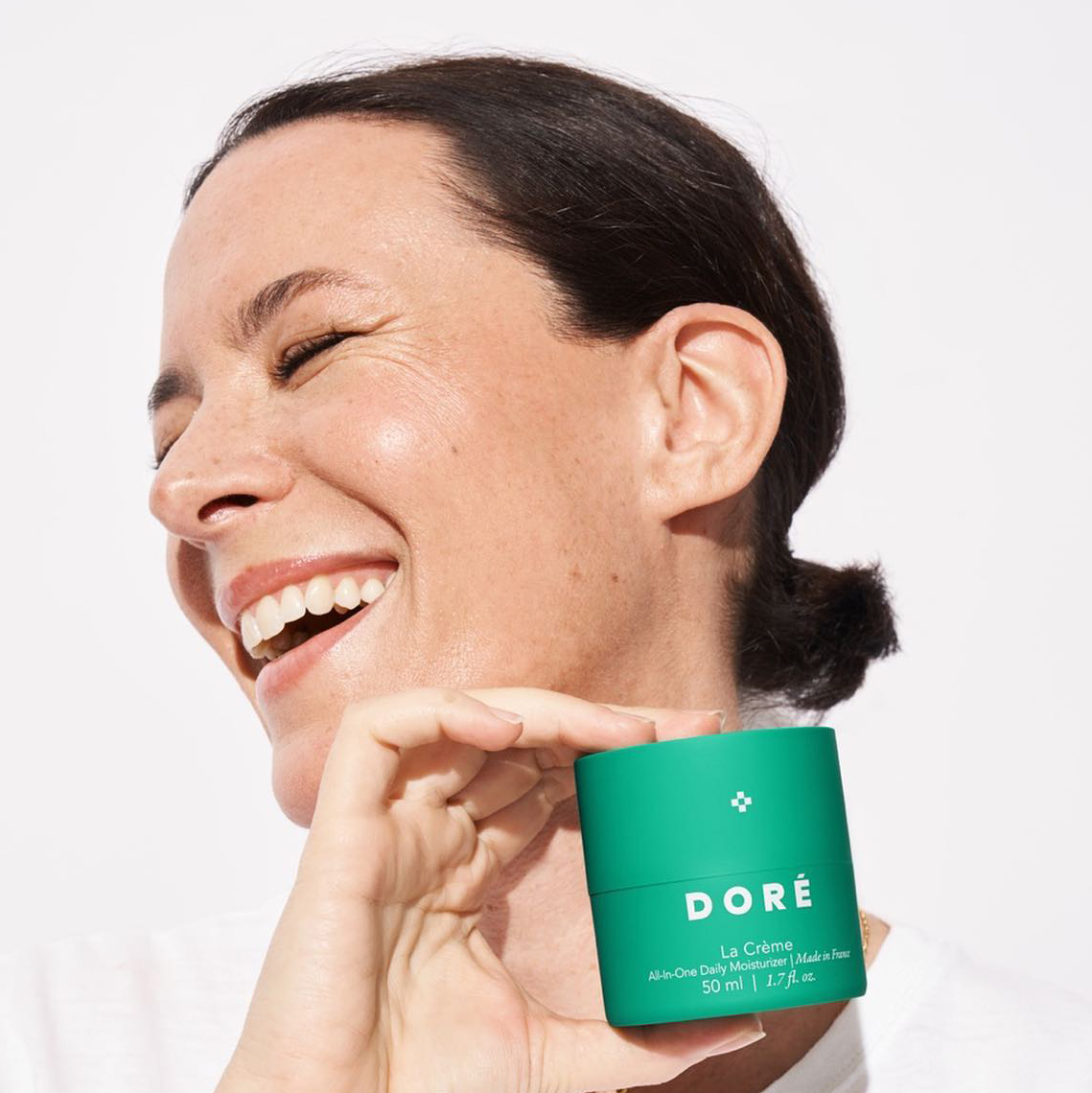 This Style Influencer Turned Founder Shares Her Favorite Ways to Start the Day
This Style Influencer Turned Founder Shares Her Favorite Ways to Start the DayA morning routine from London.
By Candice Aman
-
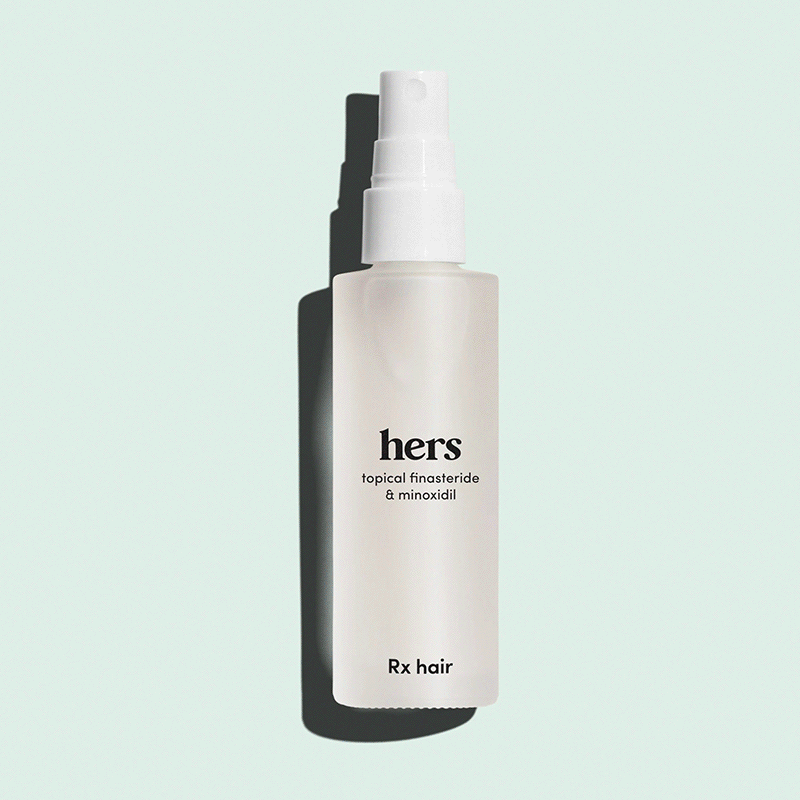 13 Products That Will Step Up Your Self-Care Game From Home
13 Products That Will Step Up Your Self-Care Game From HomeGet that glow from within.
By Natalie Gray Herder
-
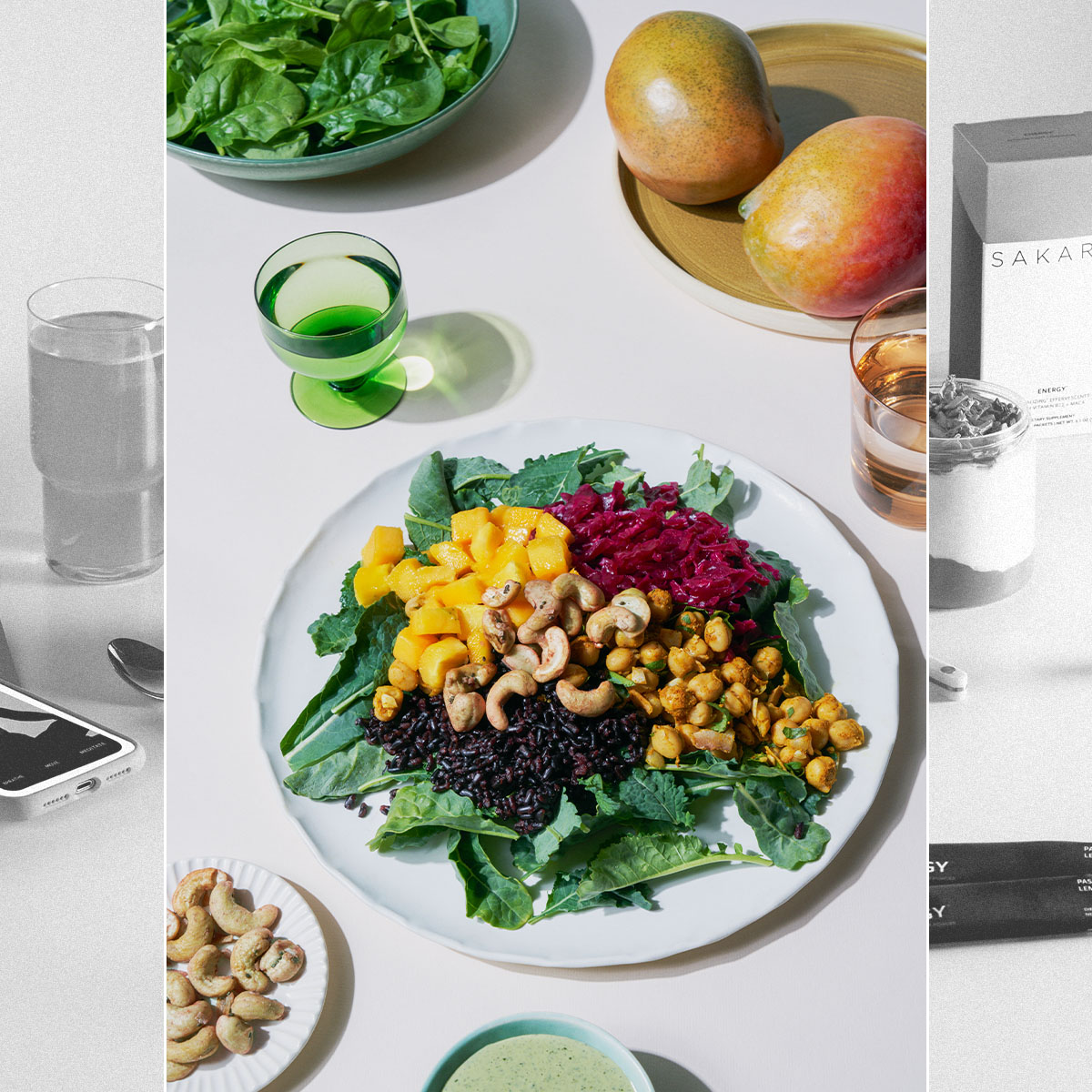 Bella Hadid and Gwyneth Paltrow Apparently Love Sakara Life, so We Tried It for 30 Days
Bella Hadid and Gwyneth Paltrow Apparently Love Sakara Life, so We Tried It for 30 DaysHere are our honest thoughts.
By Erin Jahns
-
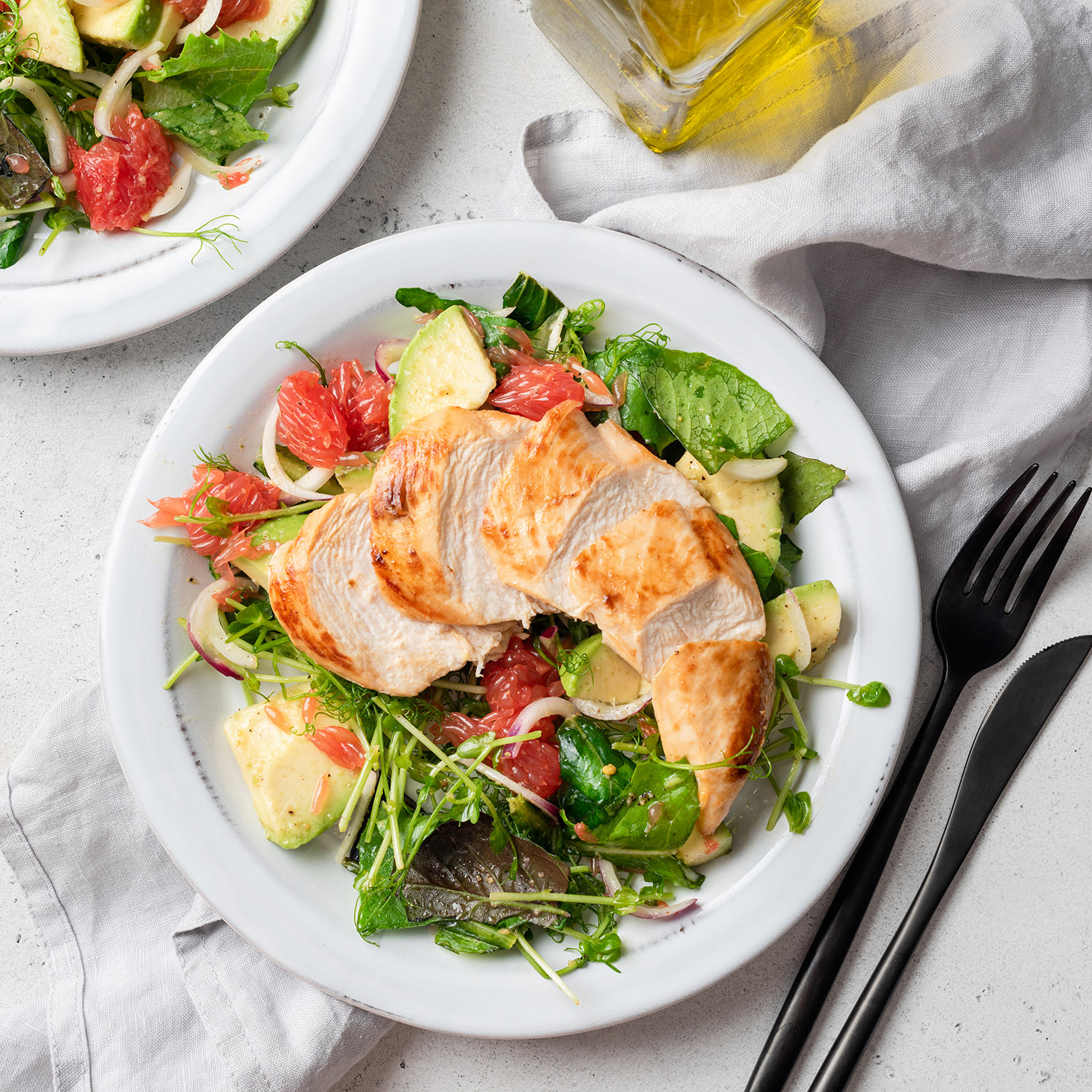 The 6 Warning Signs You're Not Getting Enough Protein
The 6 Warning Signs You're Not Getting Enough ProteinAnd what to eat to up your intake.
By Sarah Yang
-
 Everything This Professional Ballet Dancer Eats to Fuel Her for Performances
Everything This Professional Ballet Dancer Eats to Fuel Her for PerformancesHer grocery staples include high-quality French butter.
By Candice Aman
-
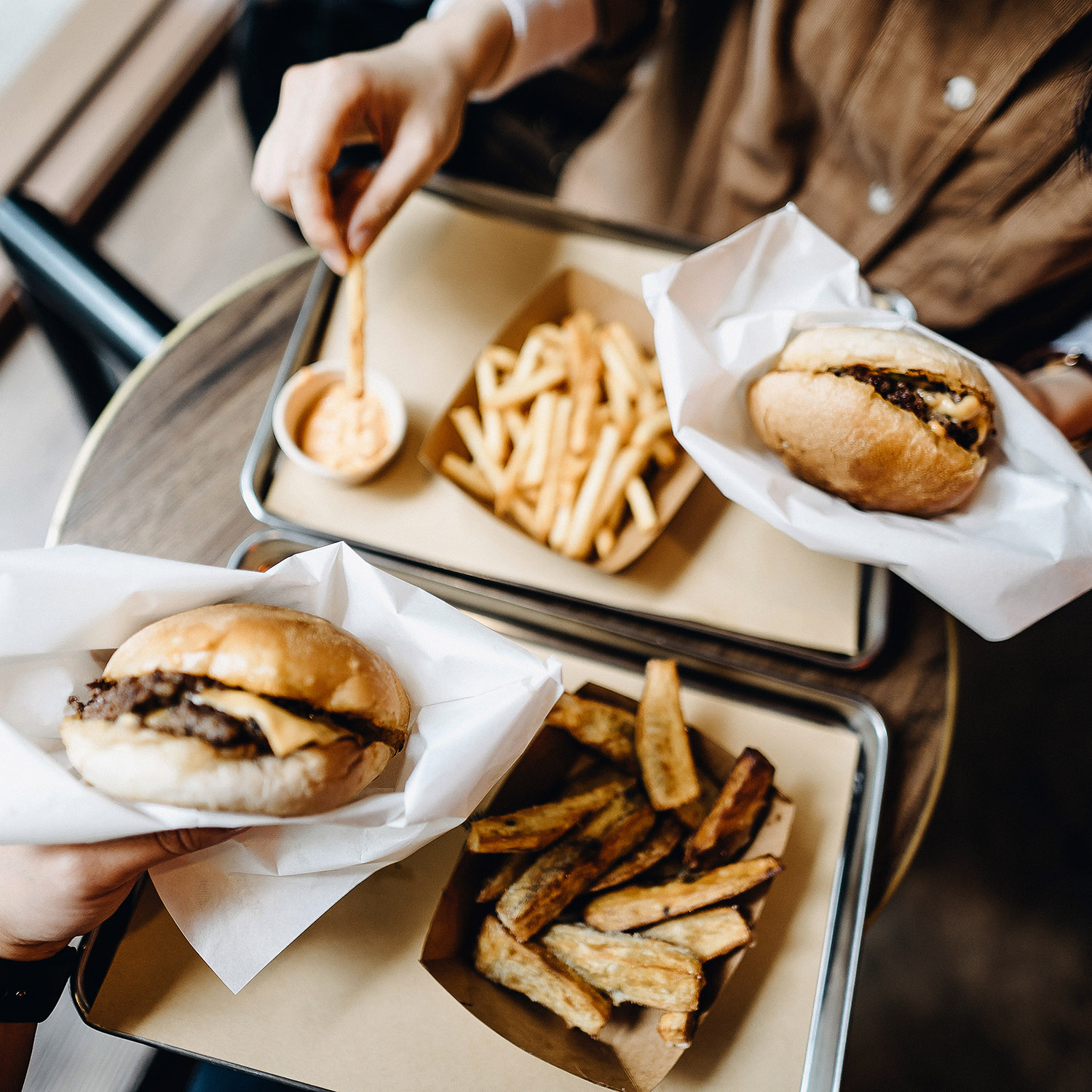 These 8 Foods Are the Worst for Rosacea—Here's What to Eat Instead
These 8 Foods Are the Worst for Rosacea—Here's What to Eat InsteadControl those flare-ups.
By Sarah Yang
